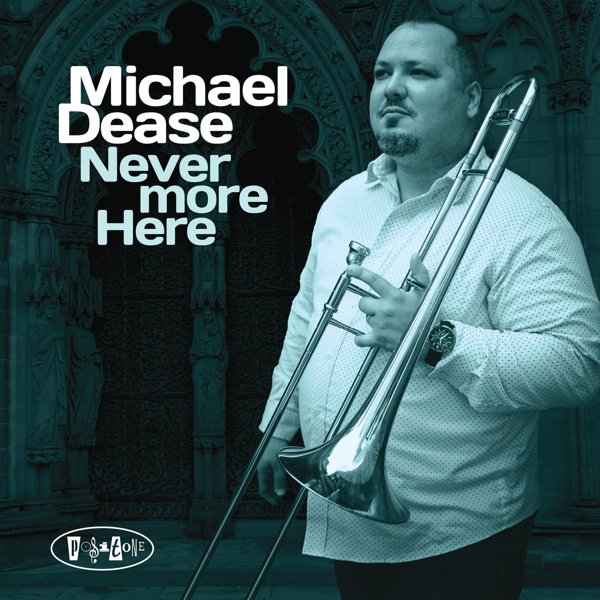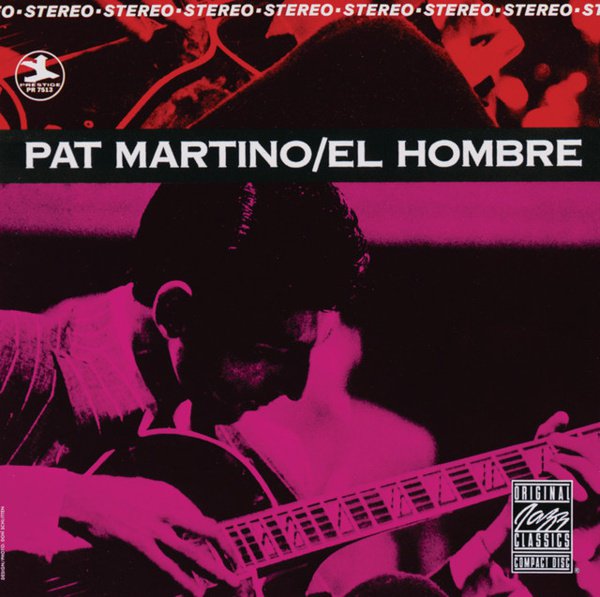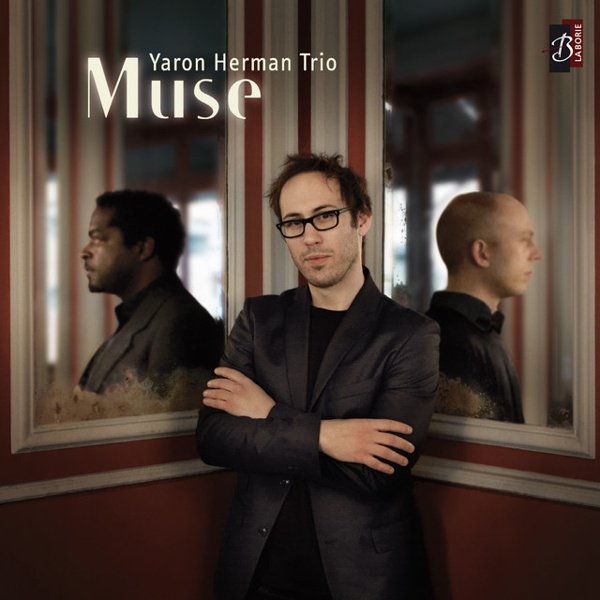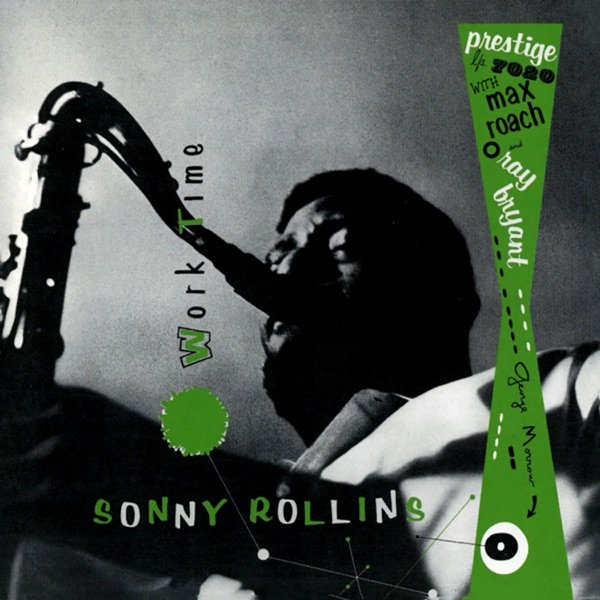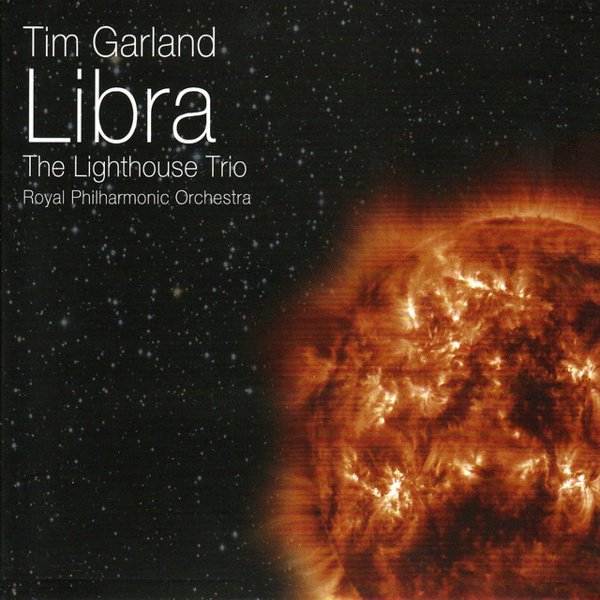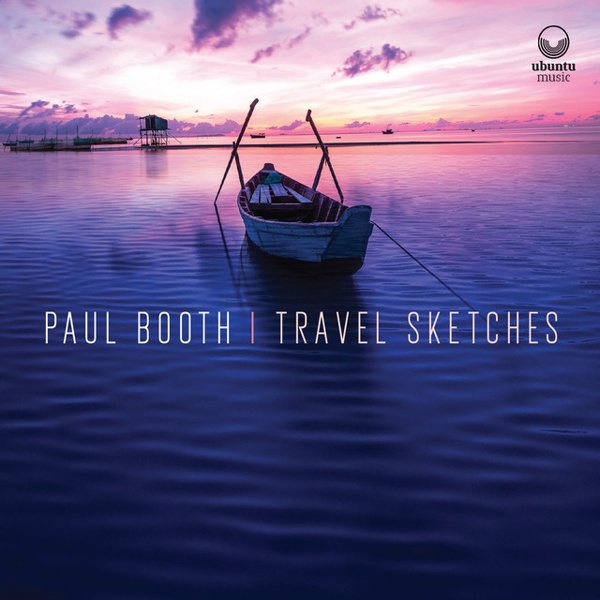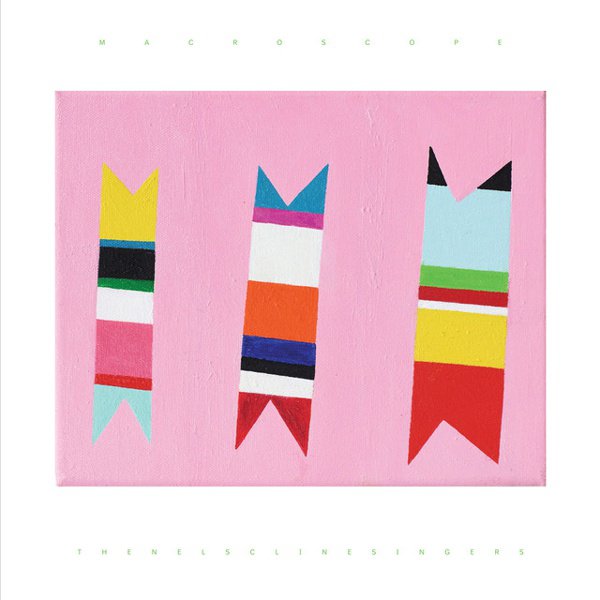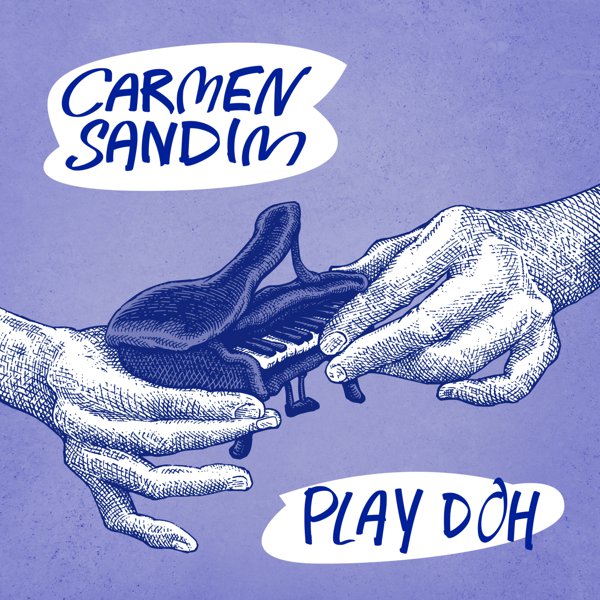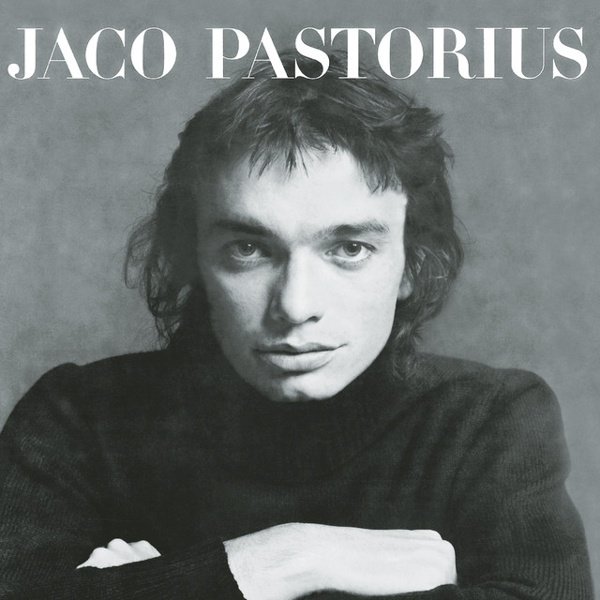
Recommended by
Jaco Pastorius
As the man who transformed his instrument’s role more than any jazz bass player since Mingus, Jaco Pastorius tends to be lauded first and foremost for his technique, and damned first and foremost for his crossover showmanship. But releasing his first headliner album during the contentious, future-vs.-tradition battleground of ’70s fusion tends to obscure just how remarkable it is that Jaco’s flashier tendencies were, while appealing on a how do you even do that level, best heard less as a series of tricky maneuvers and more as rapidfire fusillades of expressive feeling. So while it’s fun from a genre-warping perspective to hear Charlie Parker’s “Donna Lee” rubberized into fleet-fingered giggling as an opener — and then follow that with a Blackbyrds-esque groove-over-chops funk jam featuring Stax legends Sam & Dave (“Come On, Come Over”) — the novelty of his iconoclastic virtuosity gives way on repeated listens to the sense that they were just means to a more personal and emotional end. And while the tragedy of Pastorius’s substance abuse and mental health struggles in life and early death might cast a retroactive pall over a contemporary listening experience, it also makes the moments of pure joy on this record even worthier of awe. Chief amongst them is the Herbie Hancock adaptation/co-write “Kuru / Speak Like a Child,” where the legendary pianist and bassist weave their unpredictably frenetic solos through a stunning mood-swing piece that the vertiginous string arrangements turn into something even more operatic than opera itself. Jaco’s reverent and aware of his wunderkind status in the jazz world enough to share the spotlight with his elder mentors for the sake of a good dynamic; “Opus Pocus” in particular basically demanded that these newly-minted Jaco fans should really check out Wayne Shorter while they’re at it. But this name-making debut also declares a limitless future for jazz that is still being caught up to — one where African instrumentation can be juxtaposed with experimental bass grooves in ways David Byrne hadn’t figured out yet (“Okonkolé Y Trompa”), where the cosmic glide of astral-travelling jazz became the more spiritual heir to prog rock (“Continuum”), where nothing but the timbre of four amplified strings can evoke the complicated essence of love in the span of 2:22 (“Portrait of Tracy”).



